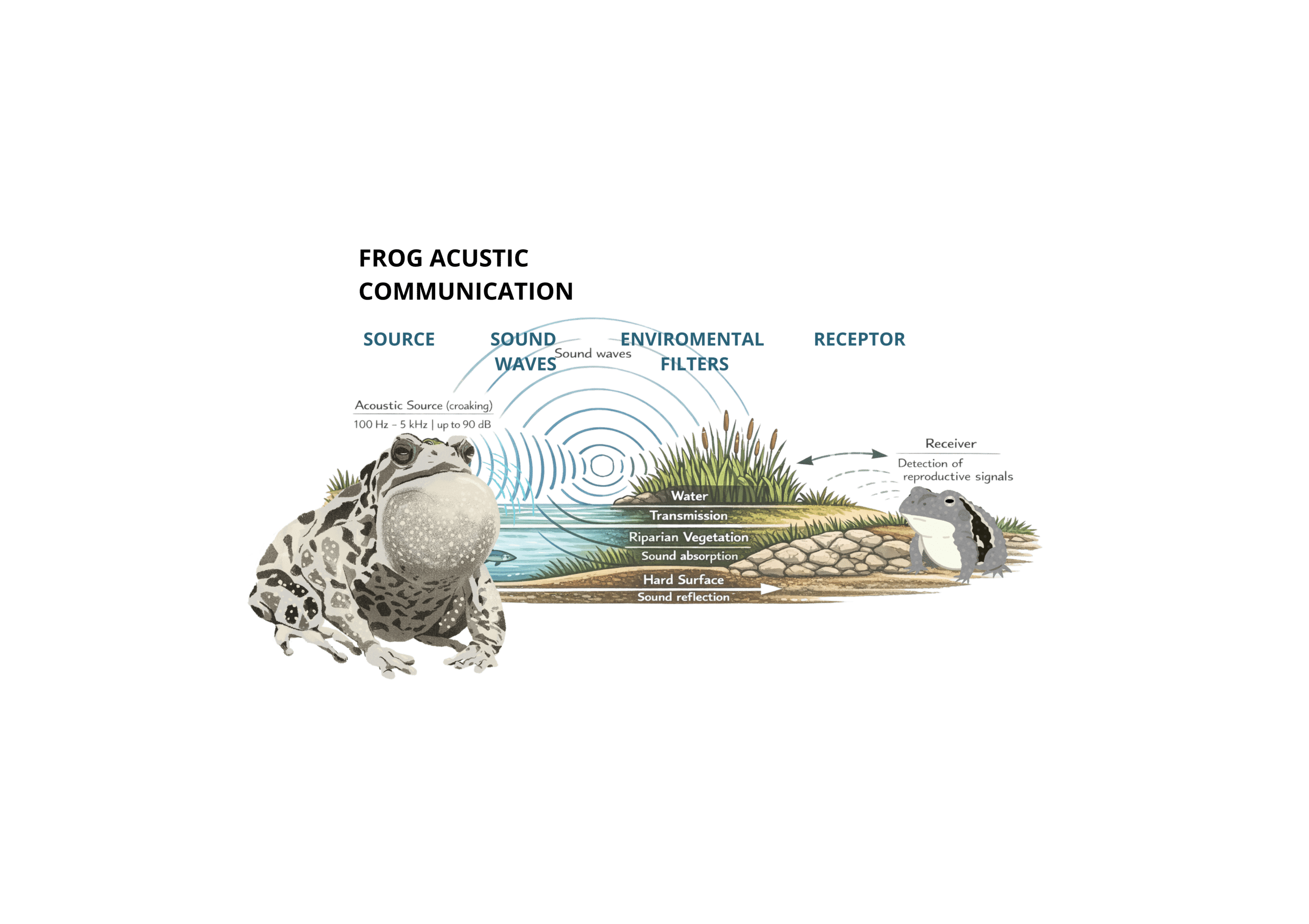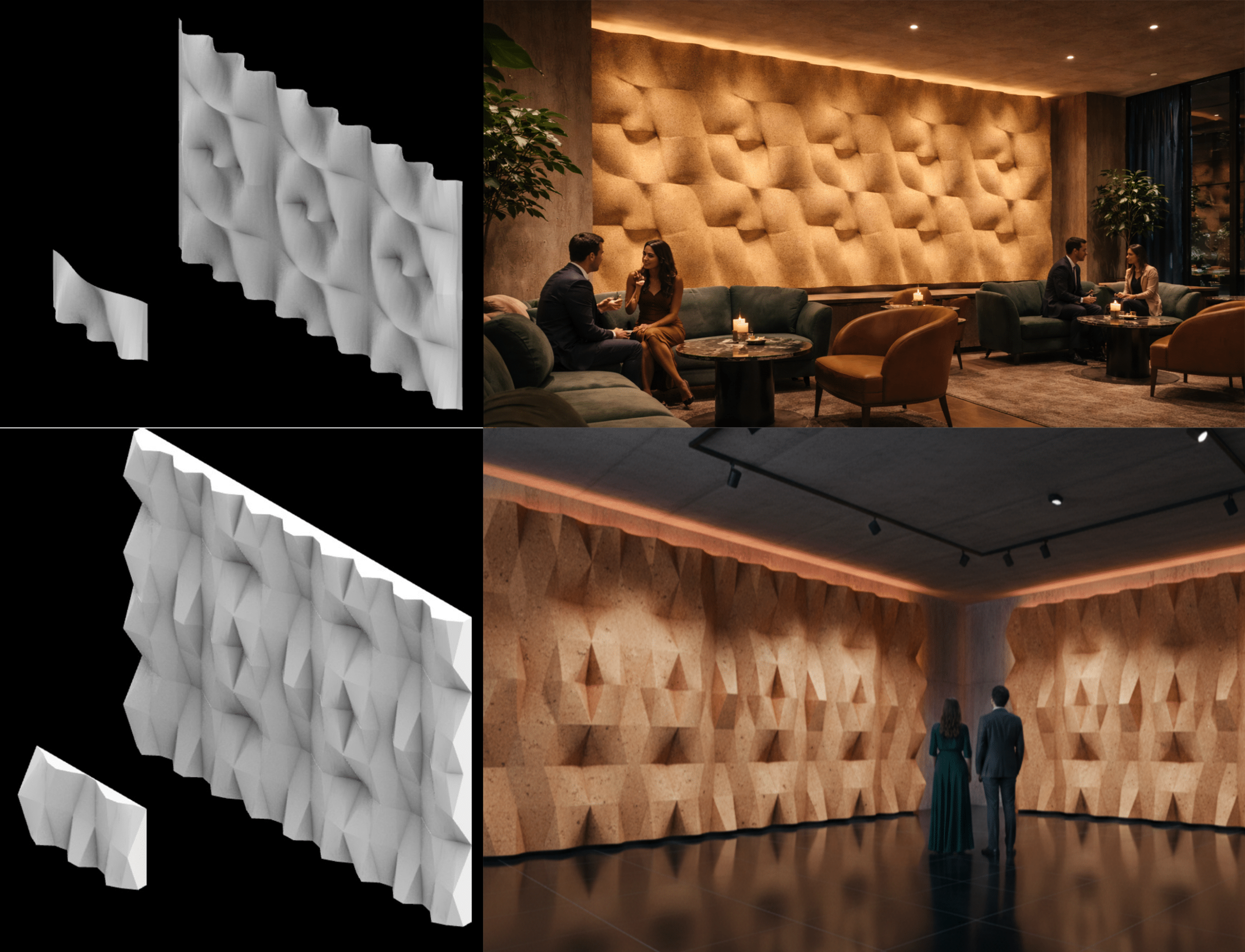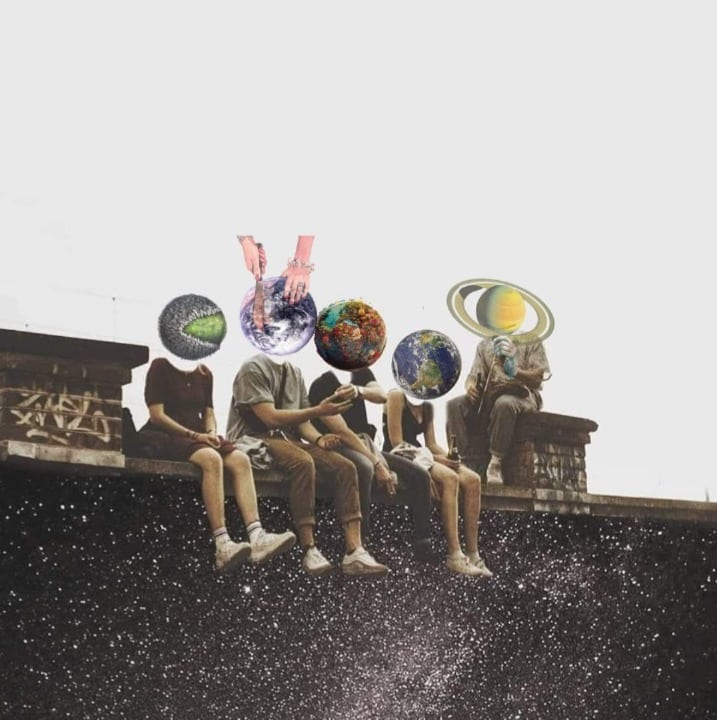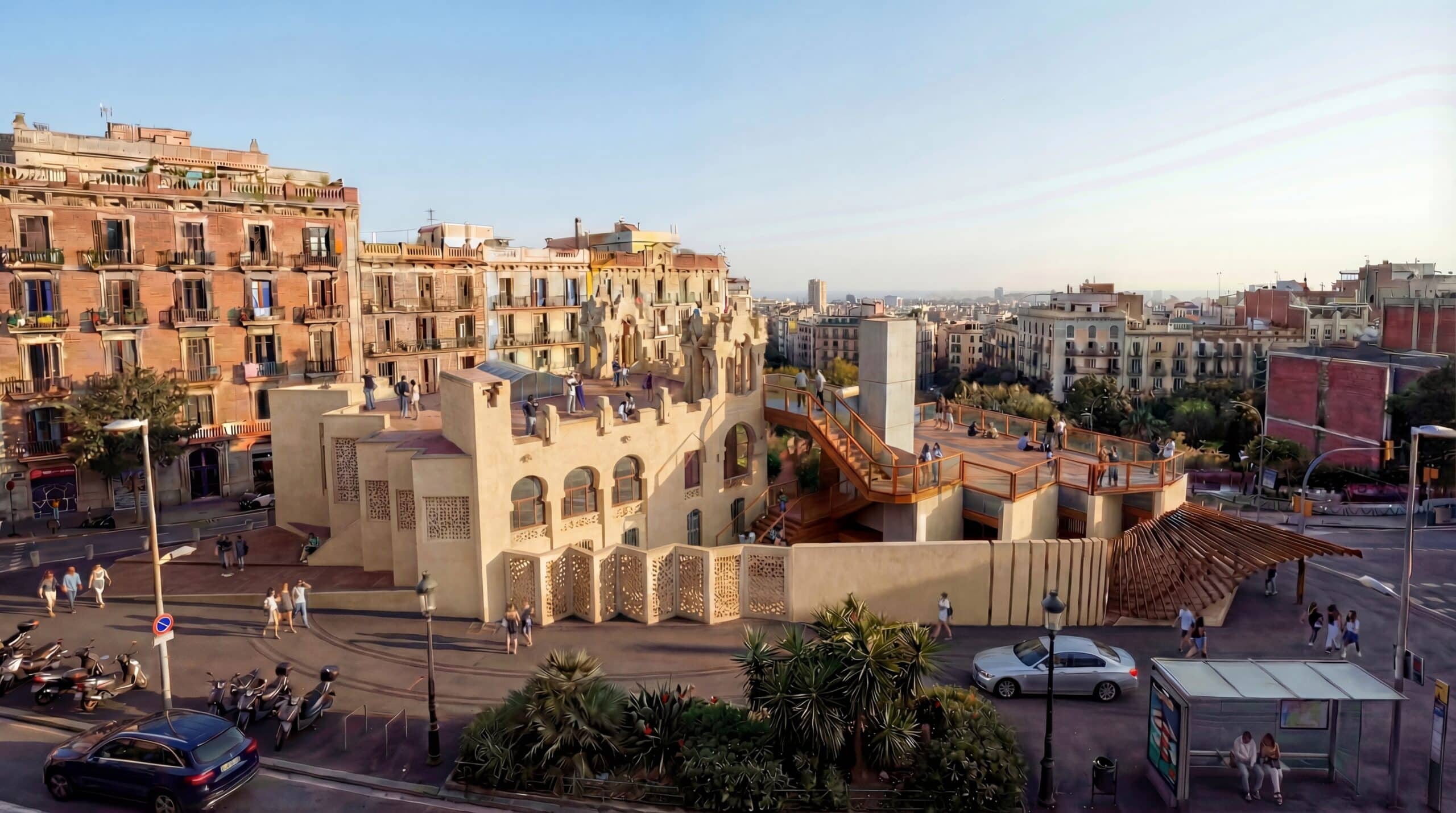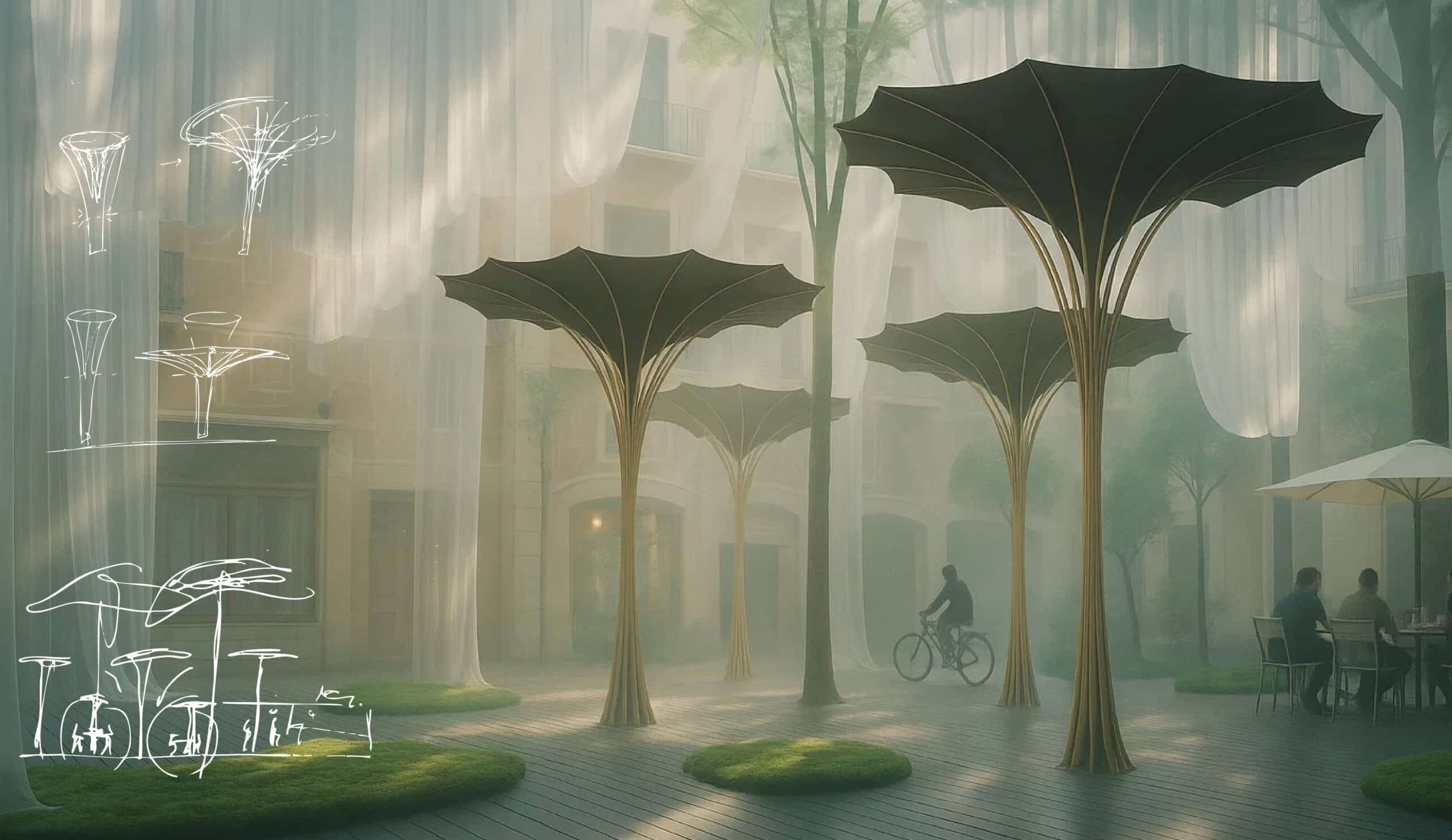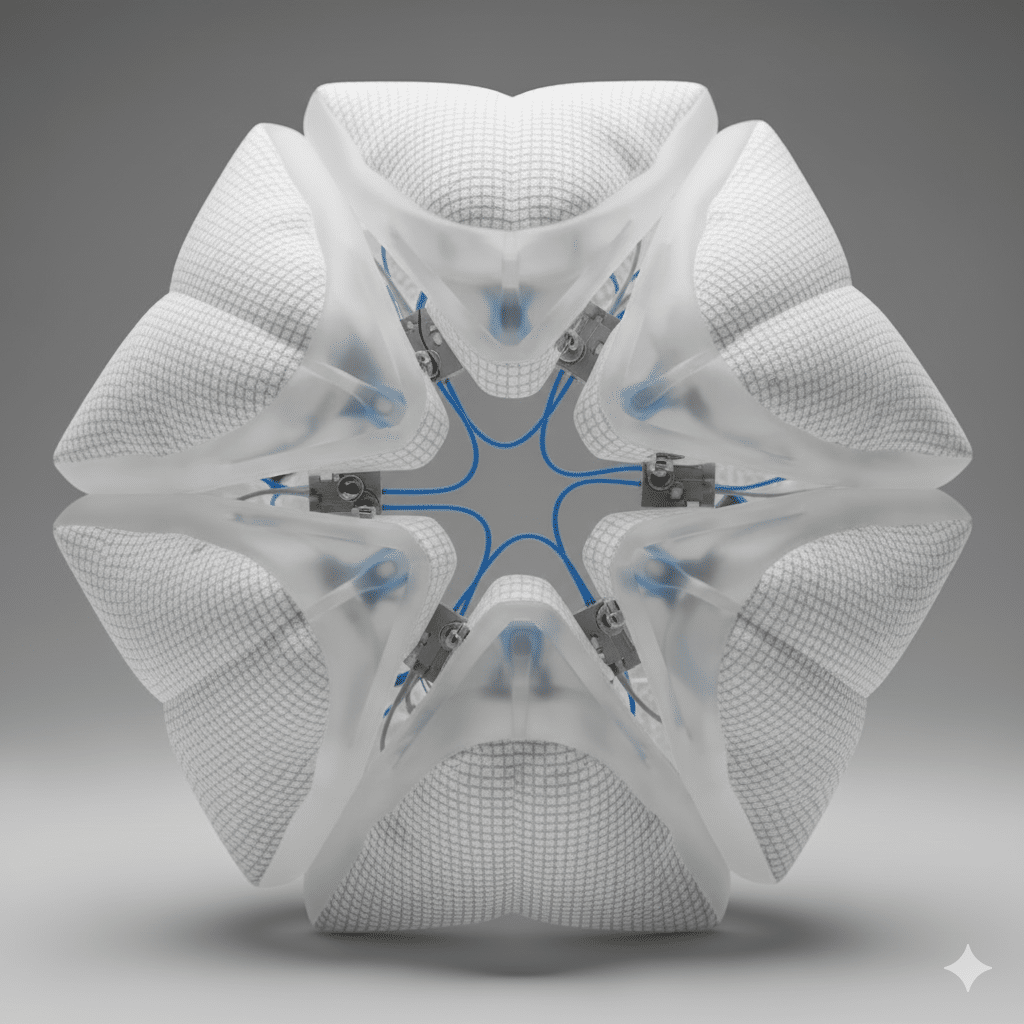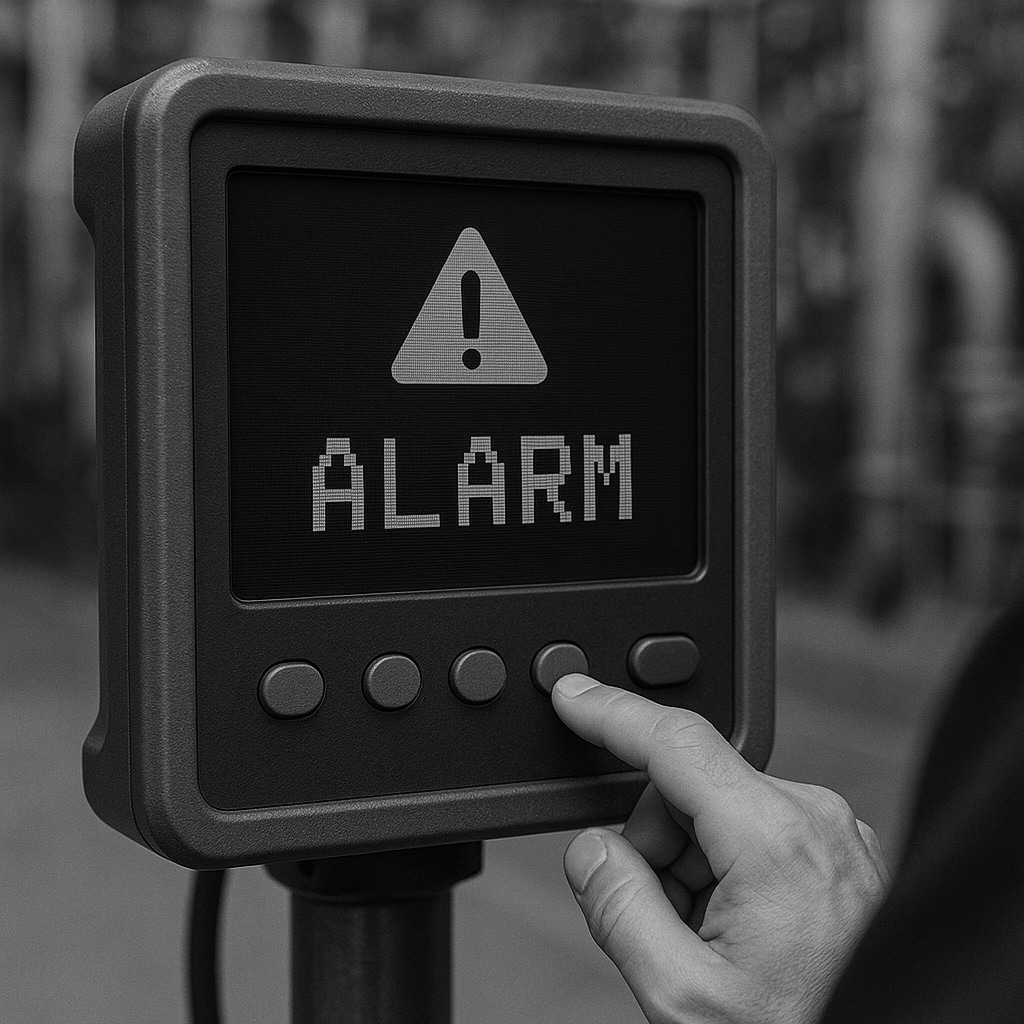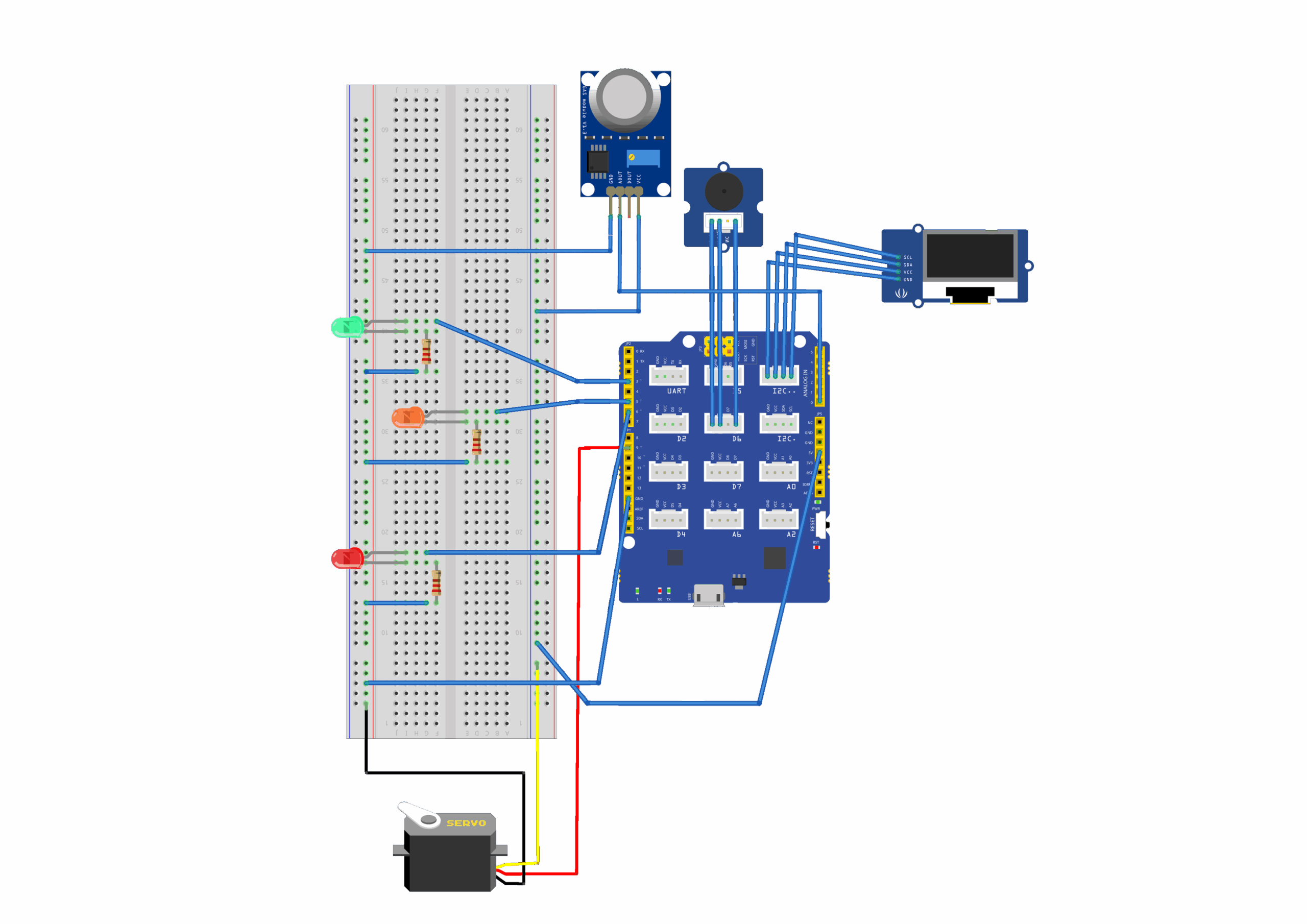Croando el río de vuelta a la vida
Contexto During much of the 20th century, the Besòs River was transformed by industrialization and urban growth into a highly engineered system. Its new rigid structure, designed to control flooding, disconnected the river from its natural processes, accelerated water flow, and reduced ecological habitats Today, these structural modifications continue to generate major problems. Difficulties in … Read more

